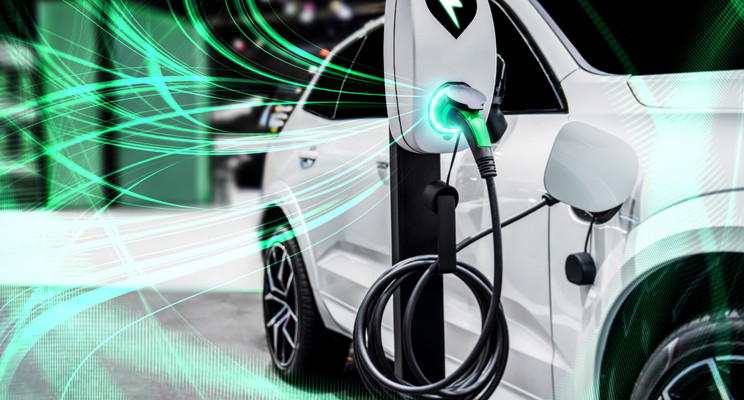The high voltage pathway to the electric vehicle workshop
1st Mar 2023

Setting up your workshop for high voltage work can be a daunting prospect. The Electricity at Work Regulations set out strict requirements for working with high voltage systems, and as with any new revenue stream, numbers need to be carefully looked at.
Assessment
Start with evaluating the tools in your workshop. The electricians’ tools you
already have may be suitable. Check their ratings and inspect carefully for any
damage, particularly to the insulation. The next stage is to carry out a risk
assessment, incorporating training requirements and ahead of implementing a
general workshop risk assessment. It would also be wise to check at this stage
if your insurance company needs to be informed of the type of work being
considered.
Training and qualification
Training doesn’t have to start with a formal course. Magazine articles and blog
posts can provide a wealth of information, and textbooks and online learning
forums can help prepare for an instructor-led course. This helps to maximise on
the benefits of attending the course and reduce the risk of not passing first
time. Logging what you’ve learned so far counts towards Continuous Professional
Development (CPD). (Working towards CPD accreditation will become a cultural
norm if it isn’t already embedded within your organisation.) Electrical vehicle
(EV) qualification gives access to the Institute of the Motor Industry (IMI)
TechSafeTM Professional Register. CPD follows a syllabus for EV training,
running on a three-year cycle and should be recorded on the register. Failure
to do so would result in removal from the registration.
Costs and return on investment (ROI)
The cost for setting up on this technology can be expensive, and so before
deciding on your path, it’s essential to evaluate the potential return on investment
and where this will come from. Service fluid change, for example, is an area
historically financially lucrative. Differential oil, coolant, and brake fluid
are often overlooked by full electric and hybrid vehicle owners – just as by
their Internal Combustion Engine (ICE) owner cousins! Brake fluid change is
more complex than on an ICE vehicle, due to the complexities of regenerative
braking. Tyre servicing can be more complicated too, with many vehicle
manufacturers insisting on brand equipment for maximum vehicle range. Wheel
alignment servicing will also become more normalised as drivers seek to take
advantage of every means to make the car as efficient as possible – and with
the car user interface’s prompt response to reduction in battery range an
ever-present reminder of ‘efficiency’. More sophisticated air conditioning
systems rely on high voltage components, and those systems assisting in cooling
the battery will become essential for the thermal management of the battery –
meaning an air conditioning problem could prevent a vehicle from charging or
running.
Deciding on your path
In 2022, EVs hit the headlines for their sales outstripping diesel ICE
vehicles, building on the 2021 fuel crisis that fuelled further interest. There
are still barriers to uptake – such as public charging points. But it’s
anticipated that by 2050, 97% of vehicles will have high voltage batteries. By
2030, the estimate is for a shortfall of 25,000 high voltage capable
technicians, if uptake for qualifications continues at the current rate.
Understanding the demand in the context of your own career path will help
decide when to jump on board.
Equipment and tools
8mm Open End VDE Spanner
Stock No. 99466
VDE Insulated Socket Set
Stock No. 31070
10mm VDE Nut Runner
Stock No. 99489
Exclusion Zone
Stock No. 99464
3 Piece VDE Plier Kit
Stock No. 94639
Digital Multimeter
Stock No. 92433
Danger High Voltage Sign
Stock No. 72237
CLASS 0 Electricians Gloves
Stock No. 99463
Set of 4 Insulated Screwdrivers
Stock No. 64693
Insulation Resistance Meter
Stock No. 41834
Insulated VDE Cable Knife
Stock No. 04615

As Policy Manager for the IMI, Hayley Pells MSc CAE FIMI sits on the Sector Advisory Group for the government endorsed TechSafe and is an automotive representative to the government for the Sector Skills Council for the automotive industry. As a frequent public speaker, she has often been featured by the BBC and ITV representing the sector. Her career in the industry has seen her running the award-winning garage Avia Auto as well as authoring textbooks, delivering lectures, and developing bespoke courses.